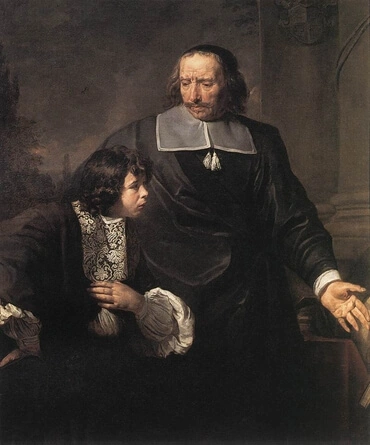1
Shromáždili se pak muži Efraim, a přešedše k straně půlnoční, řekli k Jefte: Proč jsi vyšel k boji proti Ammonitským, a nepovolal jsi nás, abychom šli s tebou? Dům tvůj i tebe ohněm spálíme.
2
K nimž řekl Jefte: Nesnáz jsem měl já a lid můj s Ammonitskými velikou; tedy povolal jsem vás, ale nevysvobodili jste mne z ruky jejich.
3
Protož vida, že jste mne nevysvobodili, odvážil jsem se života svého, a táhl jsem proti Ammonitským, i dal je Hospodin v ruku mou. Ale proč jste dnes přišli ke mně? Zdali abyste bojovali proti mně?
4
Tedy shromáždil Jefte všecky muže Galádské, a bojoval s Efraimem. I porazili muži Galád Efraimské, nebo pravili poběhlci Efraimští: Vy Galádští jste u prostřed Efraima a u prostřed Manassesa.
5
Odjali Galádští též i brody Jordánské Efraimským. A bylo, že když kdo z utíkajících Efraimských řekl: Nechať přejdu, řekli jemu muži Galádští: Jsi-li Efratejský? Jestliže řekl: Nejsem,
6
Tedy řekli jemu: Rci hned Šibolet. I řekl: Sibolet, aniž dobře mohl vyřknouti toho. Tedy pochytíce jej, zamordovali ho u brodu Jordánského. I padlo toho času z Efraima čtyřidceti a dva tisíce.
7
Soudil pak Jefte Izraele šest let; a umřel Jefte Galádský, a pochován jest v jednom z měst Galádských.
8
Potom soudil po něm Izraele Abesam z Betléma.
9
A měl třidceti synů a třidceti dcer, kteréž rozevdal od sebe, a třidceti žen přivedl od jinud synům svým. I soudil Izraele sedm let.
10
A umřev Abesam, pochován jest v Betlémě.
11
Po něm pak soudil Izraele Elon Zabulonský; ten soudil Izraele deset let.
12
I umřel Elon Zabulonský, a pochován jest v Aialon, v zemi Zabulon.
13
Potom soudil Izraele Abdon syn Hellelův Faratonský.
14
Ten měl čtyřidceti synů a třidceti vnuků, kteříž jezdili na sedmdesáti mezcích; i soudil Izraele osm let.
15
Umřev pak Abdon syn Hellelův Faratonský, pohřben jest v Faraton, v zemi Efraim na hoře Amalechitské.







